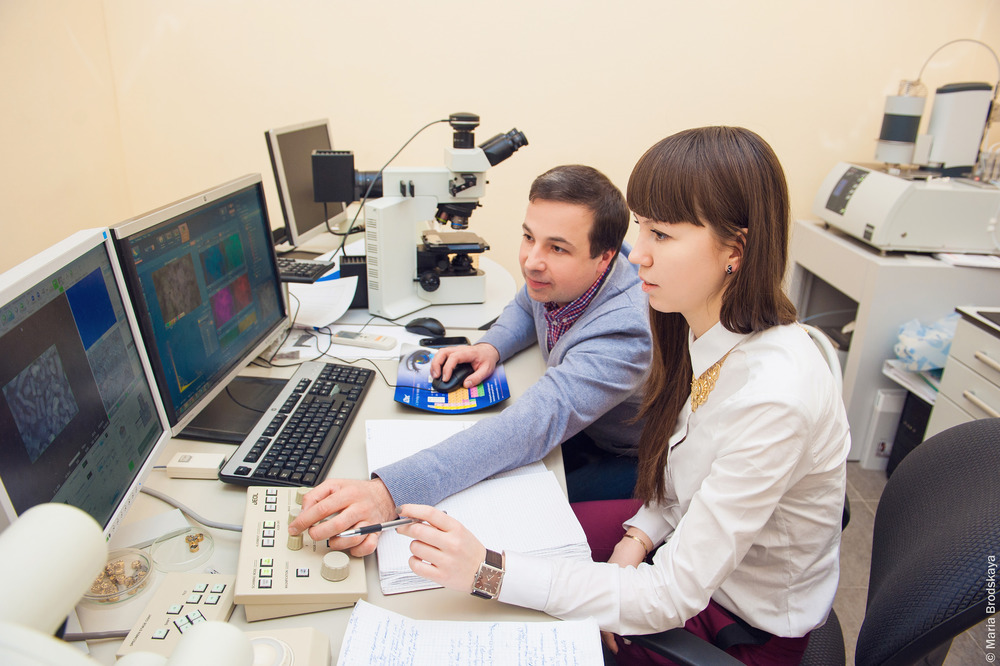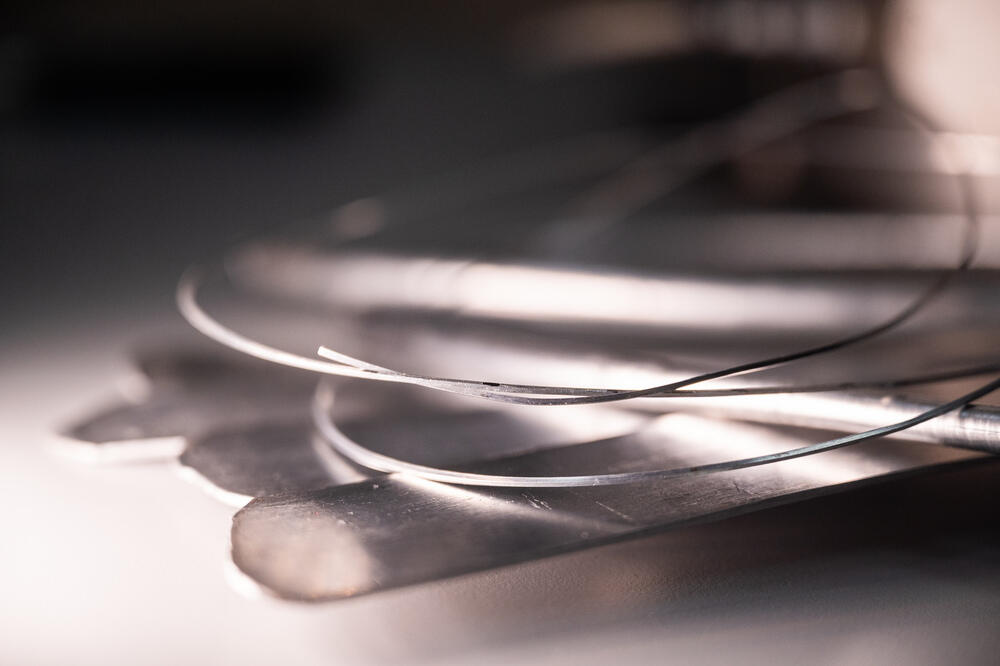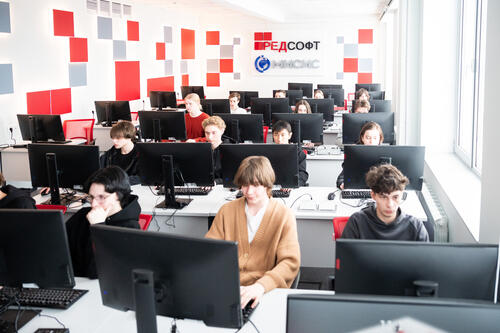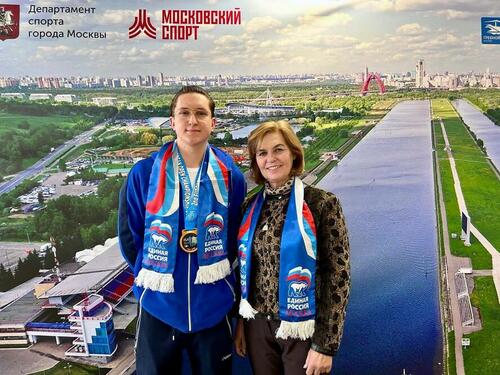A group of NUST MISIS scientists, led by Professor Dmitry Shtansky, has created boron nitride-based nanospheres saturated with a drug for cancer treatment. The new technology will make it possible to significantly improve tumor-targeting chemotheraphy.

Cancer is one of today’s top causes of human mortality. Scientists throughout the world continue searching for new methods to treat cancer, however, overcoming multidrug resistance, or the resistance of cancer cells to a whole range of medications, still poses a problem. Either a drug fails to reach a tumor cell or, if it does, the latter identifies and rejects it.
The nanocarrier designed by the NUST MISIS team is capable of “deceiving” cancer, delivering medication to the cancerous cells and destroying them. The researchers managed to obtain boron nitride nanospheres less than 200 nanometers (0.0002 mm) diameter while also deriving a drug satiating technology. The effect is achieved thanks to so-called “petal-like” surface — the outer surface of nanospheres has numerous graphene-like petals of boron nitride, which make it possible to saturate the nanospheres with the necessary dose of a medication.
“The advantage of boron nitride nanospheres is in their morphology: there is a large hollow space inside a nanosphere (the hollow area is around 90 nanometers wide, while the membrane is just 10 nanometers thick) and a beefy petal-shaped outer surface. This structure enabled us to achieve a higher drug absorption rate. Moreover, our nanospheres are optimal in terms of size, shape and chemical inertness— nanocarriers are absolutely not toxic. Our technology will make it possible to significantly improve anti-tumor chemotherapy,” said Irina Sukhorukova, an engineer of the Research Laboratory of Inorganic Nanomaterials at NUST MISIS.
Once the drug is inside the nanospheres, nanoparticles of boron nitride loaded with the medication are seized by tumor cells by means of endocytosis. The nanoparticles make their way into the cytoplasm and nuclei of the tumor cells and release the medication that kills those cells.
“NUST MISIS scientists have created boron nitride nanospheres less than 200 nanometers (0.0002 mm) diameter while also deriving a drug satiating technology. Thus, scientists have created a unique substance that is capable of ‘deceiving’ cancer, delivering medication to the cancerous cells and destroying them”, noted Alevtina Chernikova, Rector of NUST MISIS.
Nanocontainers loaded with an in vitro medication have been successfully tested at the Blokhin Russian Cancer Research Center.
Work on the nanospheres lasted a year and a half. The researchers are currently creating a technology for targeted delivery of drug-saturated nanospheres to an affected organ. They have already patented their invention in Russia and applied for an international patent within the PCT (Patent Cooperation Treaty) framework. Pre-clinical and clinical testing is still ahead. How long it will take will depend on whether the project receives the necessary financing.


